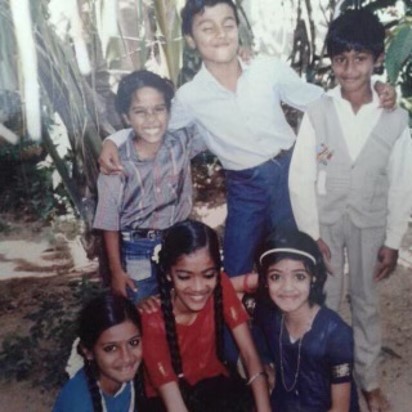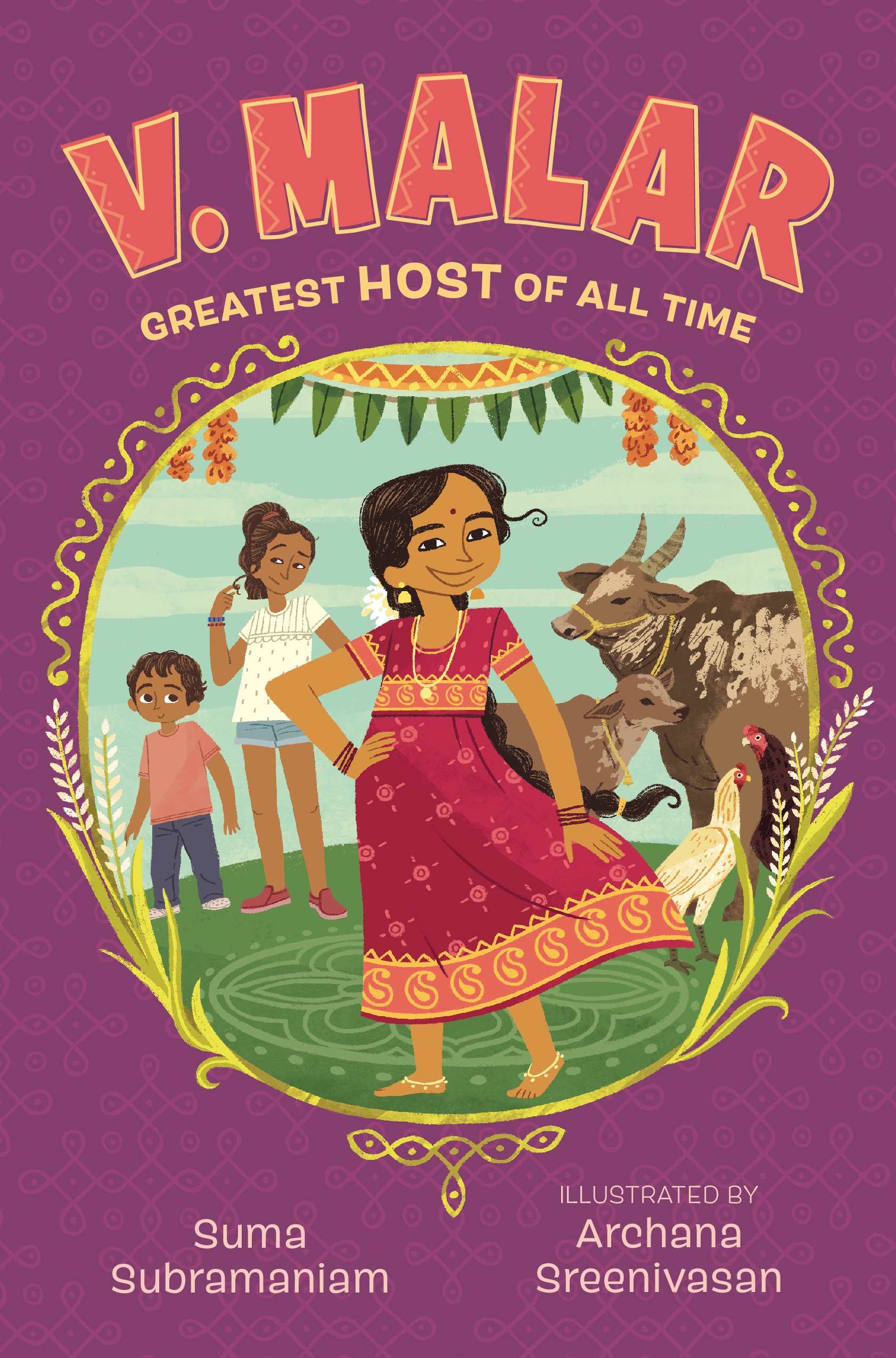Writing Cultural Bridges:
Turning Family Traditions into Universal Stories
Growing up in India, holidays and festivals brought me closer to my family. These celebrations not only passed on from generation to generation, but they also helped us navigate life’s joys and challenges with ease. In troubled times, we learned to recover together.
In early 2020, I wrote a picture book about Pongal, the South Indian harvest festival, and shared it with a group of trusted friends. They asked me a lot of questions. When I tried to address them, the story became longer. The little girl in the story, Malar, had more to offer than what I initially believed. I followed her muse all the way to the finish line several drafts later.
When I was a child, my parents were committed to making seasonal festivals a family tradition. Pongal is a four-day celebration in South India when crops are harvested in mid-January. It is celebrated every year in many Indian households during the Tamil month called Thai, in honor of the work farmers do. The harvest festival symbolizes a season of hope and renewal. It marks the end of the winter solstice and the beginning of the sun’s six-month journey up to Earth’s Northern Hemisphere.
Solstices are the planet’s longest and shortest days of the year. The longest day marks the beginning of summer and is called the summer solstice. The shortest day marks the beginning of winter and is called the winter solstice. The harvest festival is also celebrated in many parts of India and Asia at other times of the year than the solstice. It goes by different names depending on the region.

Pongal brings families together to celebrate the blessings of good health and happiness. The first day of Pongal is called Bhogi Pongal. On this day, we clean our homes and discard old and broken items. The second day is called Thai Pongal. It is also called “Uzhavar Thirunal” which means “Farmers’ Day”. We worship the sun god and have an elaborate meal. The word “Pongal” means “to boil” in Tamil. It is also the name of the rice dish that is prepared on the second day of the festival. We make two types of pongal, sweet and savory. It is served with stew made with the season’s vegetables.
The third day is called Maatu Pongal. We honor our cattle and seek blessings for a good harvesting season. The fourth day is called Kaanum Pongal. It is also known as “Thiruvalluvar Dhinam” because we celebrate the eminent Tamil poet Thiruvalluvar on this day.
Holidays and festivals are the times to gather with our families and friends, and strengthen our relationships. There is so much love underneath the traditions, celebrations, and growing up in an Indian household.
As I wrote about Malar, it was important to have her believe in the strength of her extended family. The relationship snapshots in the story show that the expectations of both parenting and being raised as a child can feel like you’re being pulled in different directions sometimes. These are the universal experiences faced by families all over the world. Malar’s story normalizes the challenges and joys of bonding in these relationships for the reader. Though Malar and her cousins grow up in different countries and don’t start off on the right foot at the beginning, they overcome the weight of miscommunications and frustrations over cultural clashes.
V. Malar: Greatest Host of All Time (Candlewick, 2024) is filled with moments of togetherness, joy, and empathy that begin in the family. I hope that through her eyes, all readers will access the experience of those relationships, take them to heart, and pass it on with love.
Listen to a Meet-the-Author Recording for V. Malar: Greatest Host of All Time
Listen to Suma Subramaniam talk about her name
Watch a video of Suma discussing V. Malar: Greatest Host of All Time
Explore Suma Subramaniam’s author page on TeachingBooks
Text and images are courtesy of Suma Subramaniam and may not be used without express written consent.



Leave a Reply